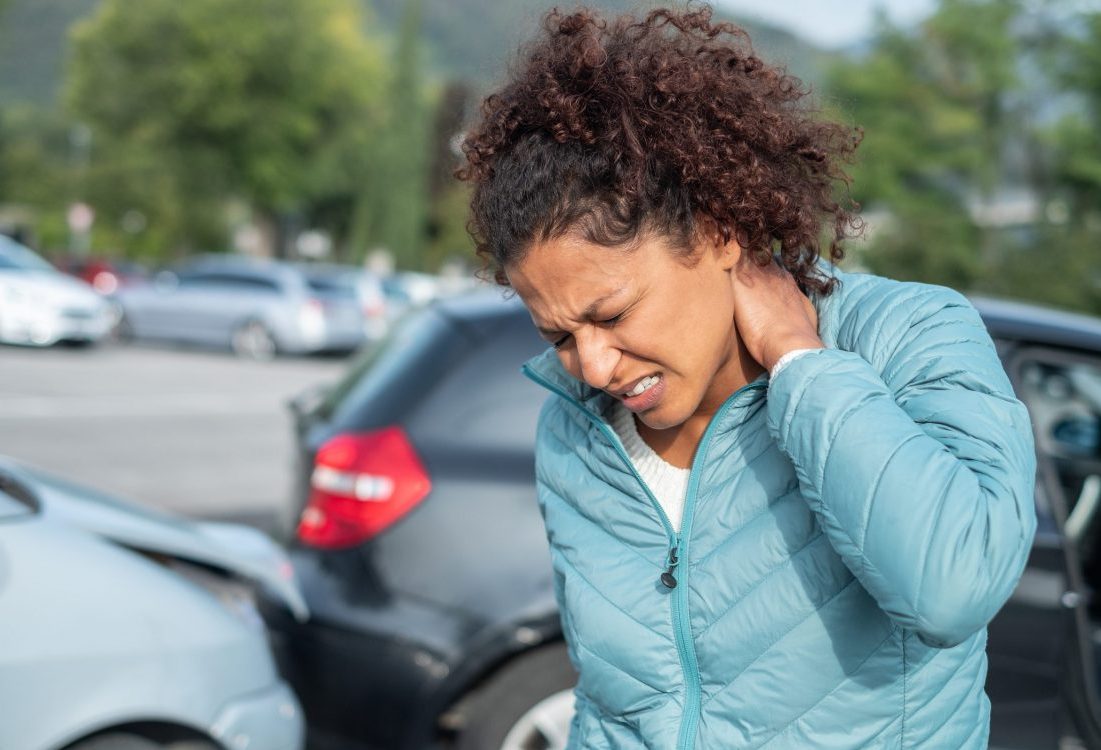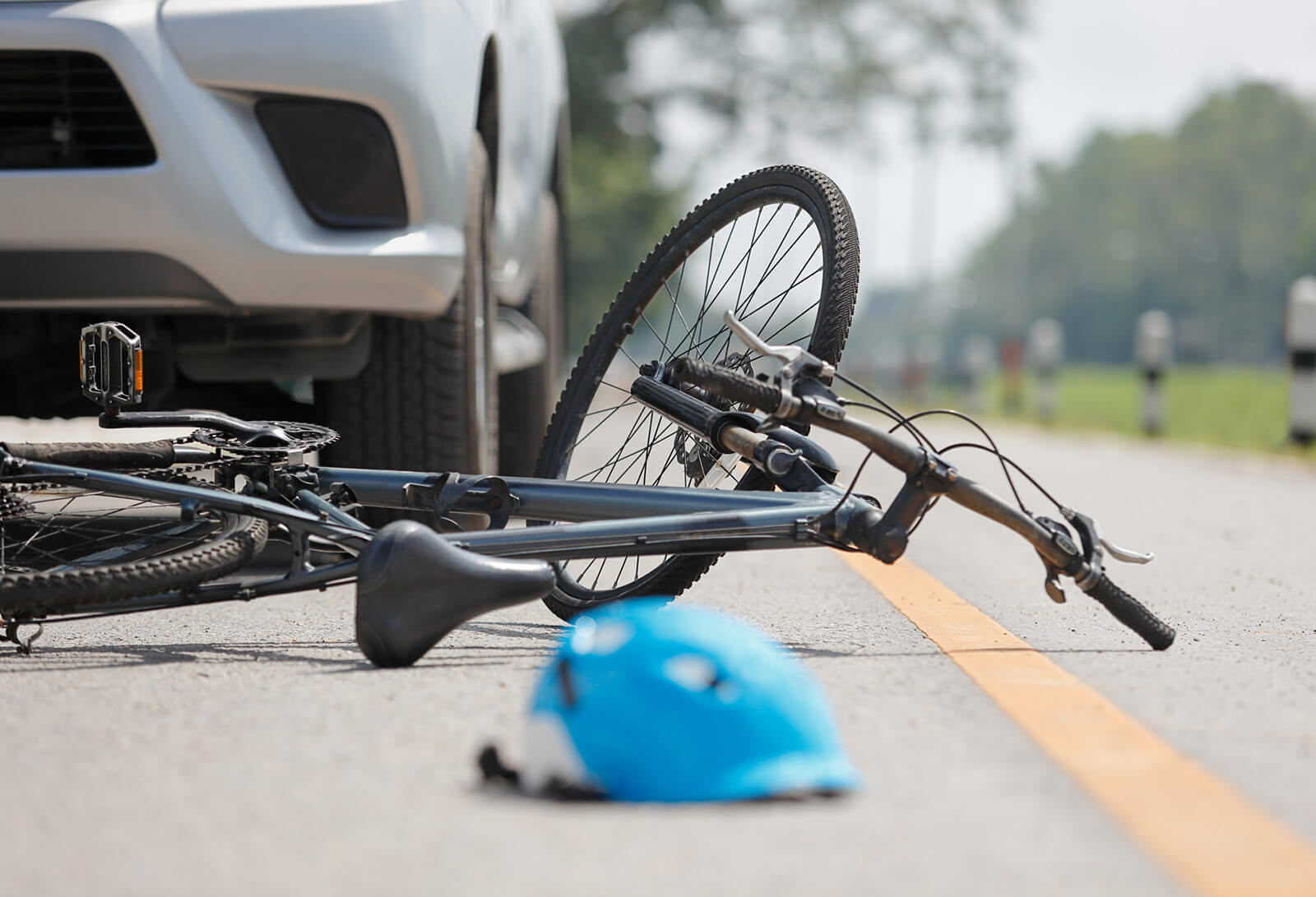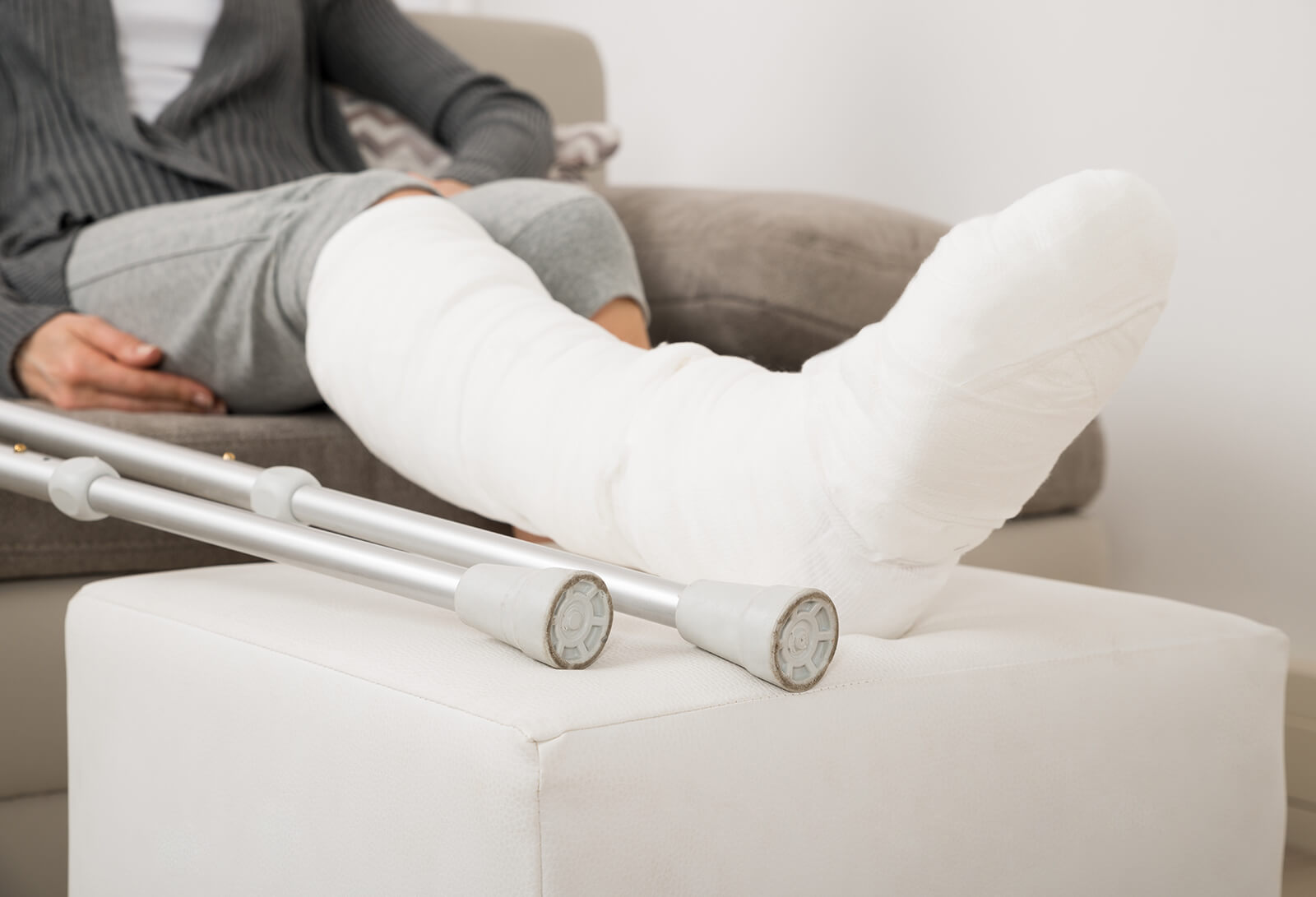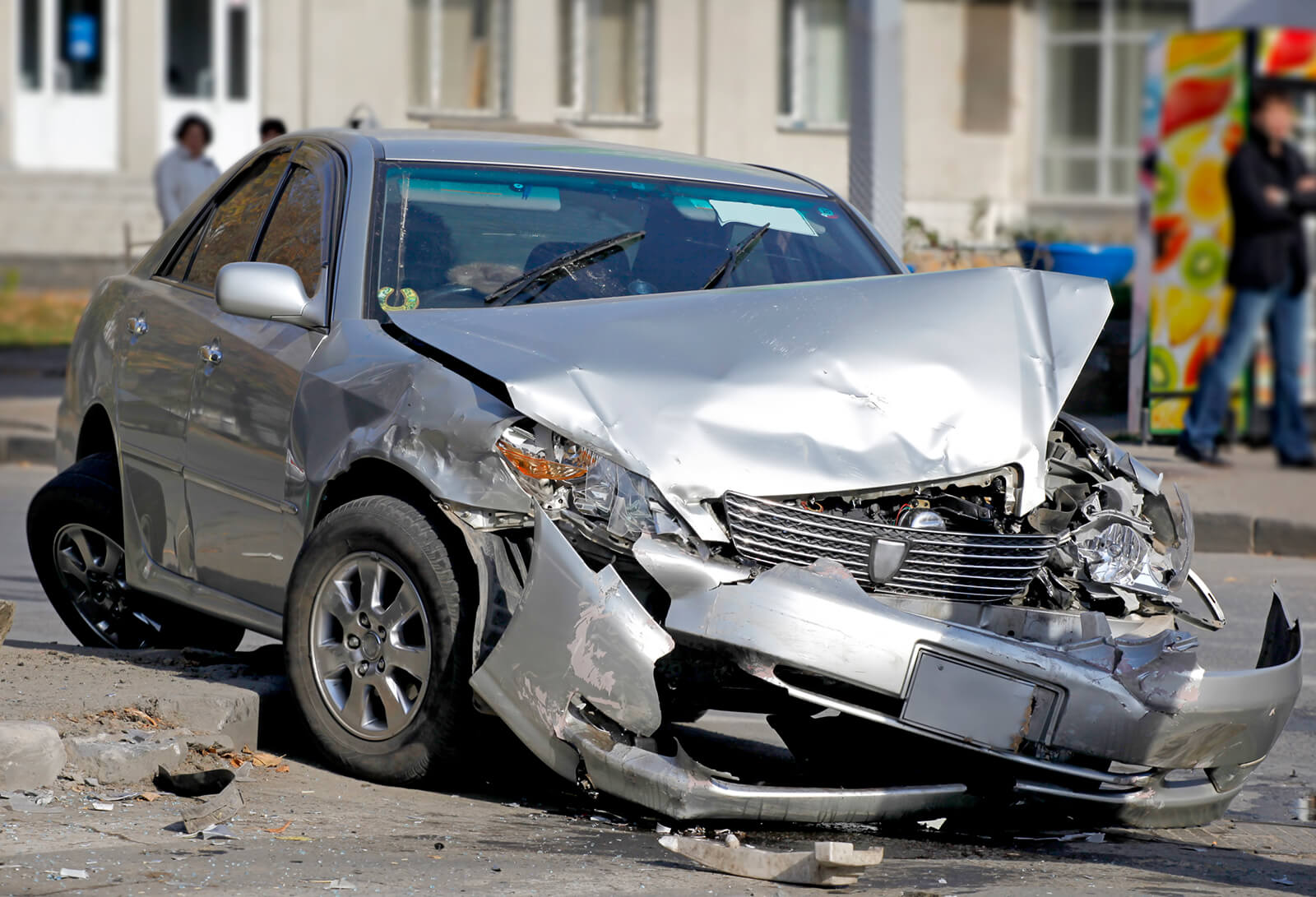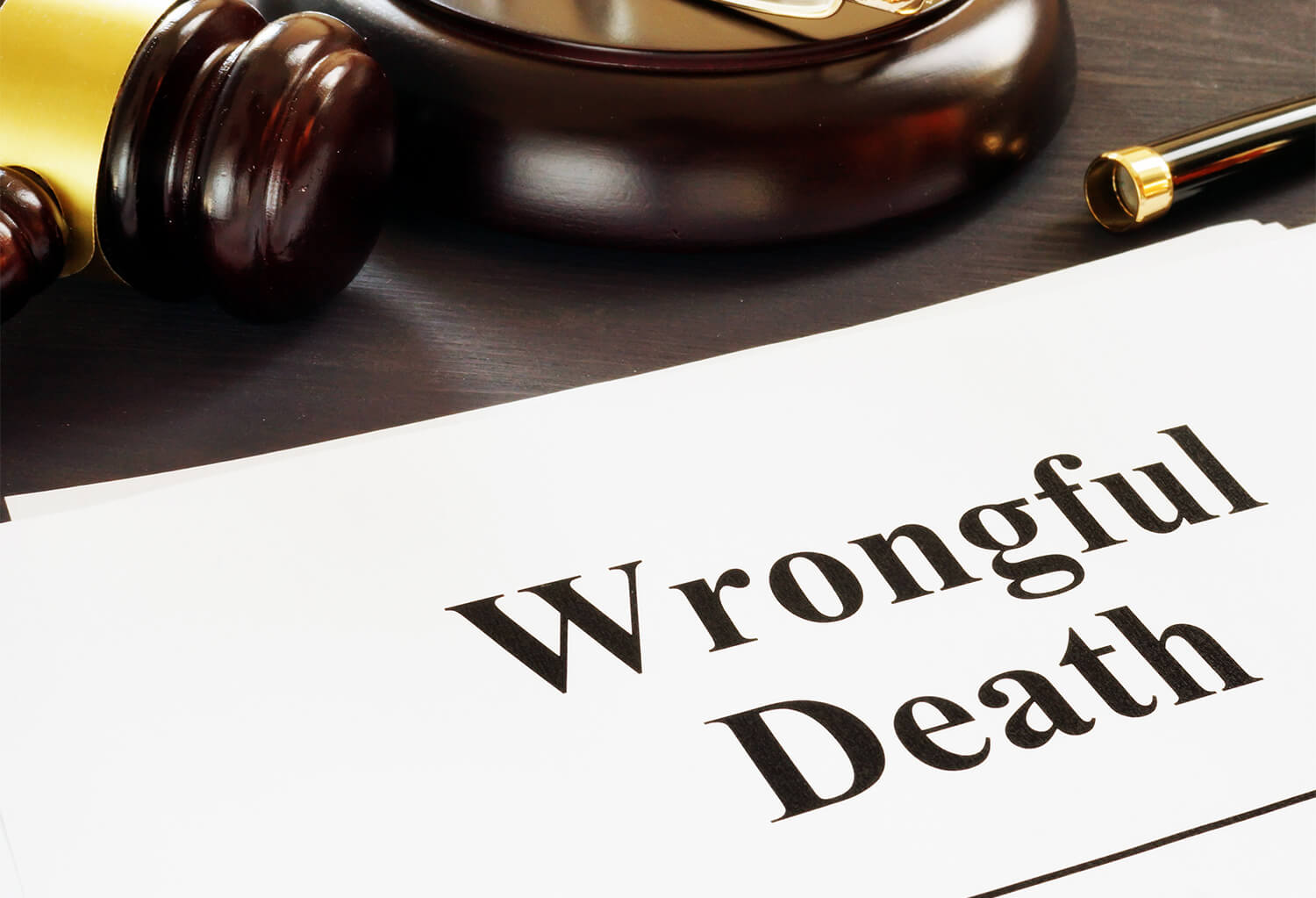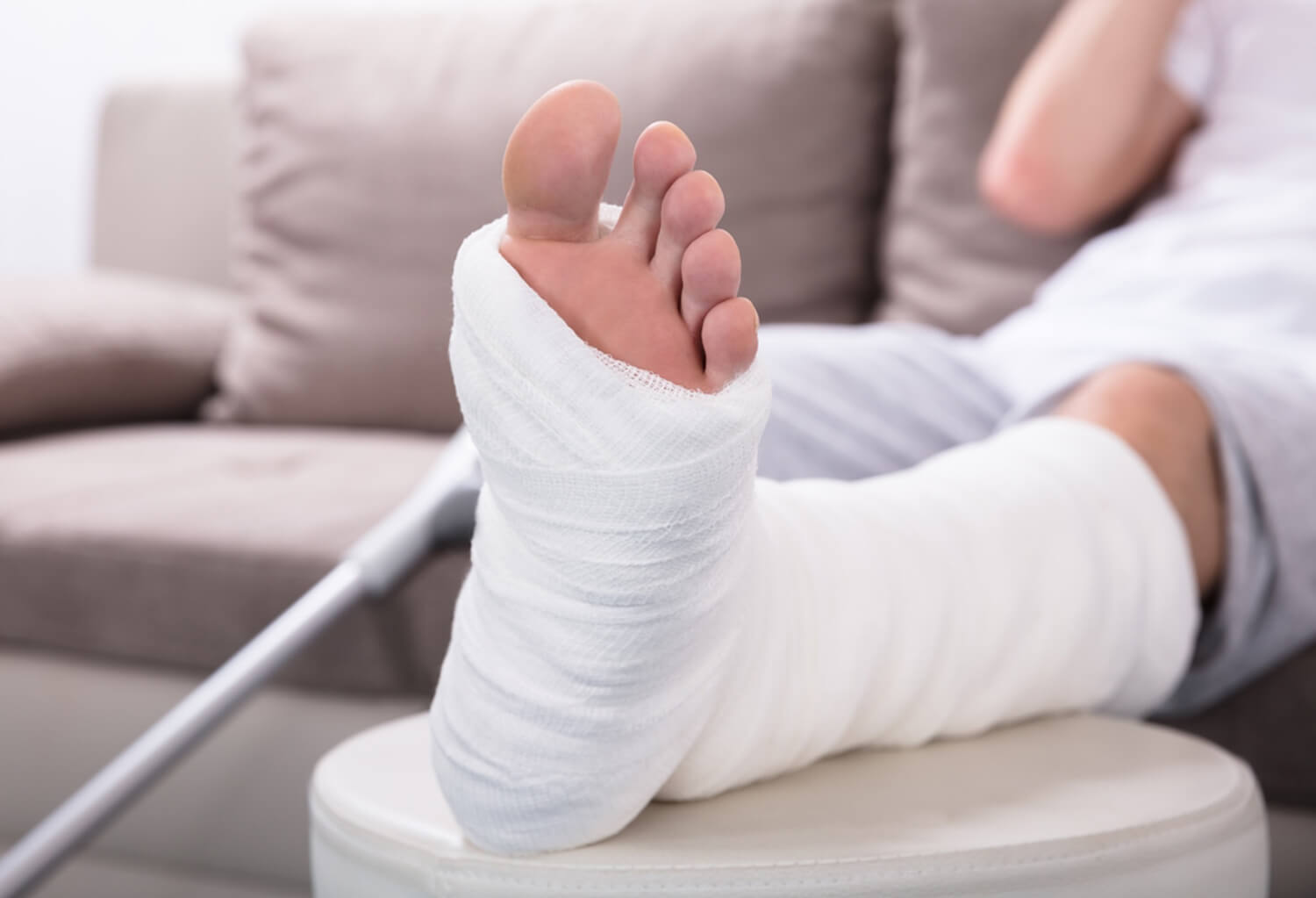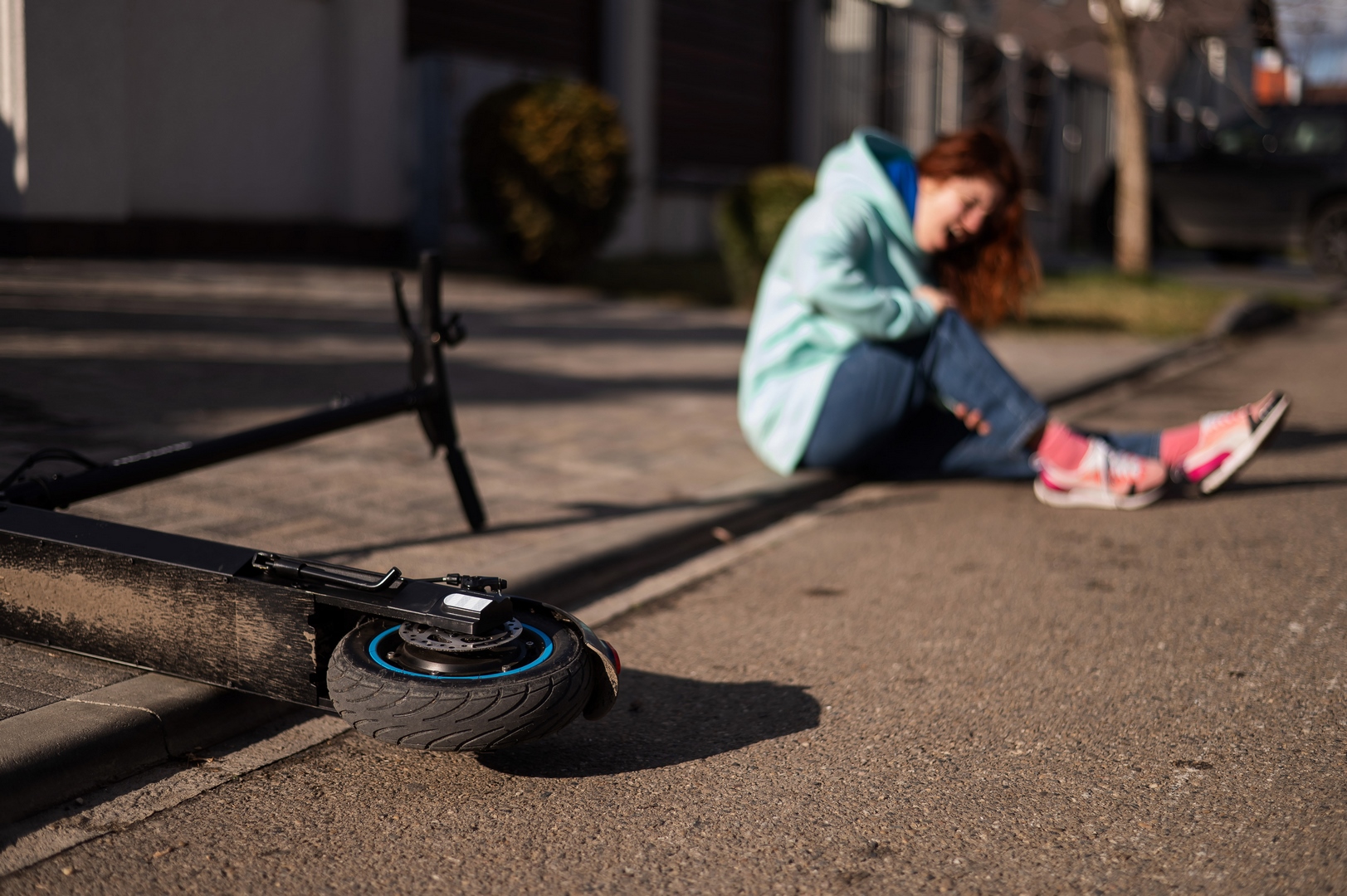The information you obtain from this is not, nor is it intended to be legal advice. You should consult a lawyer for advise regarding your individual situation. We invite you to contact us and welcome your calls, letters, and electronic mail. Contacting us does not create a lawyer-client relationship. Please do not send any confidential information to us until such a time as a lawyer-client relationship has been established. It is your sole responsibility to follow-up with all deadlines and limitations that may attach to your potential claim. By submitting this form, you agree to the terms of this disclaimer agreement and consent to being contacted by telephone or electronic mail by P&M Personal Injury Law.


